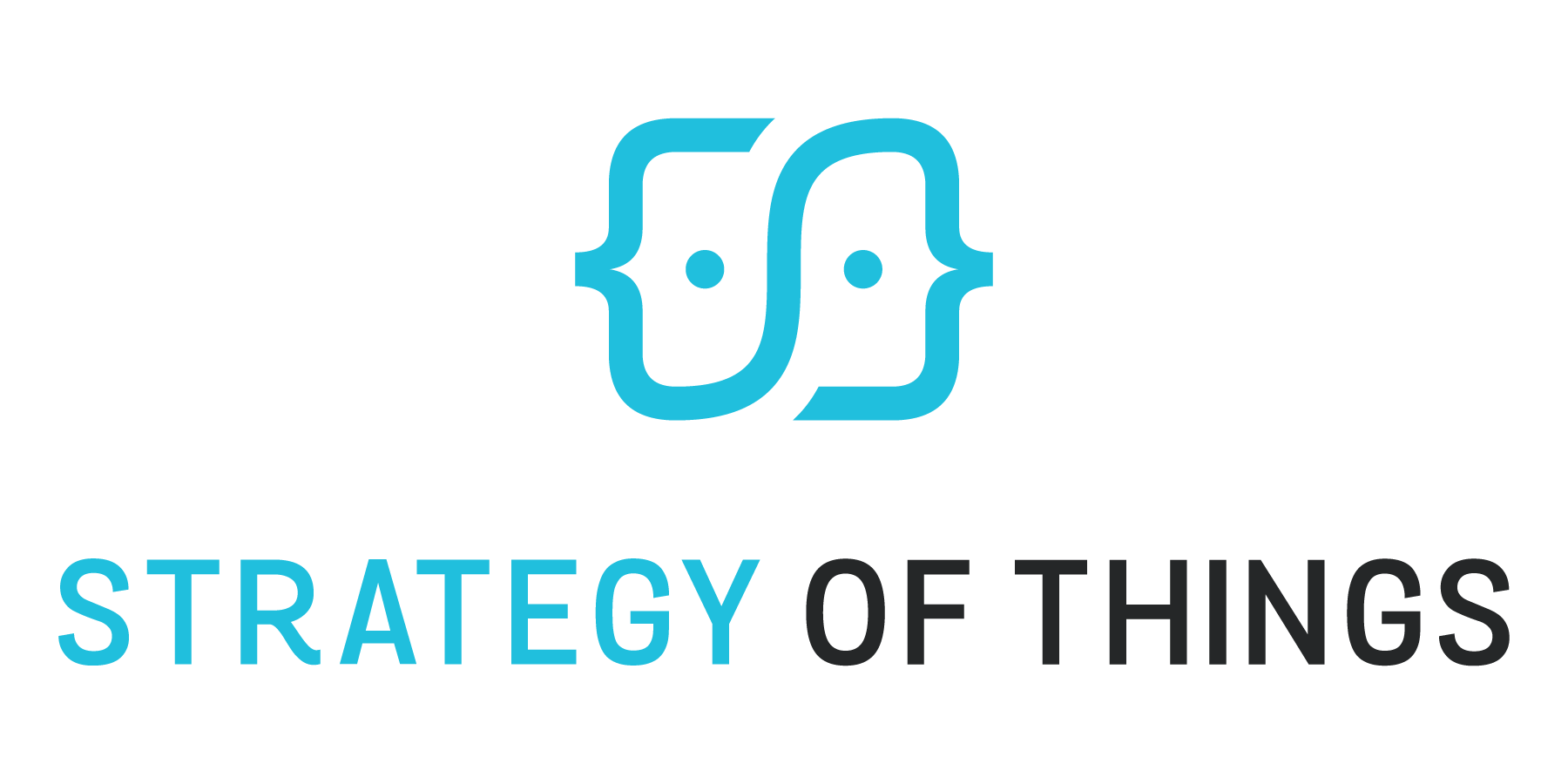Digital transformation reimagines everything.
What does digital transformation look like? Imagine an interactive and personalised in-store shopping experience for headphones. As you pick up each pair of headphones from the demo station, the nearby digital signage monitor plays a short marketing video of the specific model you are holding. When you put the headphones over your head, your favorite song automatically streams from your phone into the headphones and the monitor display changes to show a picture of you wearing the headphones.
The artificial intelligence (AI) assistant activates and asks if you have any questions. You ask several questions and the AI responds verbally along with additional information displayed on the monitor. The AI cannot answer one of your questions and connects you to a live product expert for a real-time video chat.
As you put the headphones in your shopping cart, the AI thanks you for your purchase while the digital signage monitor changes to display various accessories that complement your specific model of the headphones. Before you leave the section, the AI assistant asks if you would like to post the picture of you wearing the headphones to your social media account. It then asks you why you purchased and what features you would like to see in the future.
From your picture you just saved, advanced computer vision algorithms determine your shopper demographics (gender, age group). Your survey responses and demographic data are saved in the market research database for later analysis by the store manager and manufacturer’s marketing department.
The digital enterprise becomes real.
This is one small example, in a retail setting, of the possibilities enabled by the digital transformation of businesses around the world today. Unlike today’s technology enabled businesses, tomorrow’s digital enterprises are built completely around technology and comprehensively “re-imagine” its engagement with its employees, customers, channel partners, and suppliers to create continuous value. These digital enterprises are hyper-connected, adaptive, intelligent, and agile with technology highly integrated into new operational processes, policies and organizations that unlock its transformative capabilities.
Hyper-convergence is here. Digital transformation is waiting.
In the digital enterprise, the strategic fusion of former silos (IT, industrial or operations technology [OT], audio-video [AV]) with transformational technologies (Cloud, Internet of Things, AI, analytics, edge processing) leads to richer customer experiences, business acceleration, and operational agility. This fusion becomes a weapon for innovation and competitive differentiation, an enabler of efficiency and effectiveness, and a key contributor of growth and profitability.
In the digital enterprise, all are mission critical and a strategic part of the organization’s technology portfolio. There are no separate networks for IT, AV, industrial or operational technologies. There is only one network – a digital enterprise network. AV, OT and IoT, is not the “other guy’s” responsibility but everyone’s imperative across the organization – technology, manufacturing, sales, marketing, finance, operations, and support.
IT managers become the strategic architects of the digital enterprise.
Today’s CIOs, CTOs and IT managers are the digital enterprise architects of tomorrow. Their tools are IT, AV, OT and Internet of Things (IoT). They integrate and transform the enterprise, the channel, customers and the supply chain. They speak AV, OT, IoT and become the Rosetta stone between IT, AV, OT and the business.
Effective digital architects plan the transformation of the enterprise with all these technologies in mind. They understand the capabilities and limitations of these technologies, and know what, when and how to deploy them to enable new capabilities while solving existing problems better.
Effective digital architects build their technology capabilities into their strategic plans and roadmaps where it is continuously reviewed and updated. They invest in AV, OT and IoT and develop them so that it becomes a sustainable competitive differentiator for the enterprise.
Effective digital architects are innovation catalysts. They evangelize and teach the business what is possible with the technology. They understand innovation methodologies, such as design thinking, lean and MVPs. These architects provide the tools and sandboxes that allow the organization to experiment, test and innovate.
Effective digital architects are “big-picture” collaborators who look beyond traditional organizational boundaries to enable the right outcomes. They integrate the needs of internal functions with those of customers, channel partners and suppliers to create the values that matter.
Effective digital architects operate in the intersection of technology, innovation, business, operations, strategy and people. This is the “no man’s” land where traditional boundaries, processes, policies and rules fail. This is where the biggest gaps are. And this is where the biggest opportunities and innovations come from.
Hello hyper-convergence. Hello hyper-innovation and digital transformation. Welcome to the digital enterprise.
Thanks for reading this post. I wrote and contributed the original article, Transforming the Digital Enterprise with AV for Enterprise Management 360 magazine in January 2017. I’ve updated the original article here to integrate operations technology and IoT elements. If you found this post useful, please share it with your network. Please subscribe to our newsletter and be notified of new blog articles we will be posting.
Related posts:
IoT innovation is not in the technology, but in what it can do
Innovation is not just about technology – five types of innovation all managers must know
Five things managers should do first in an emerging IoT market


3 thoughts on “The evolving role of IT managers in a hyper-converged digital world”